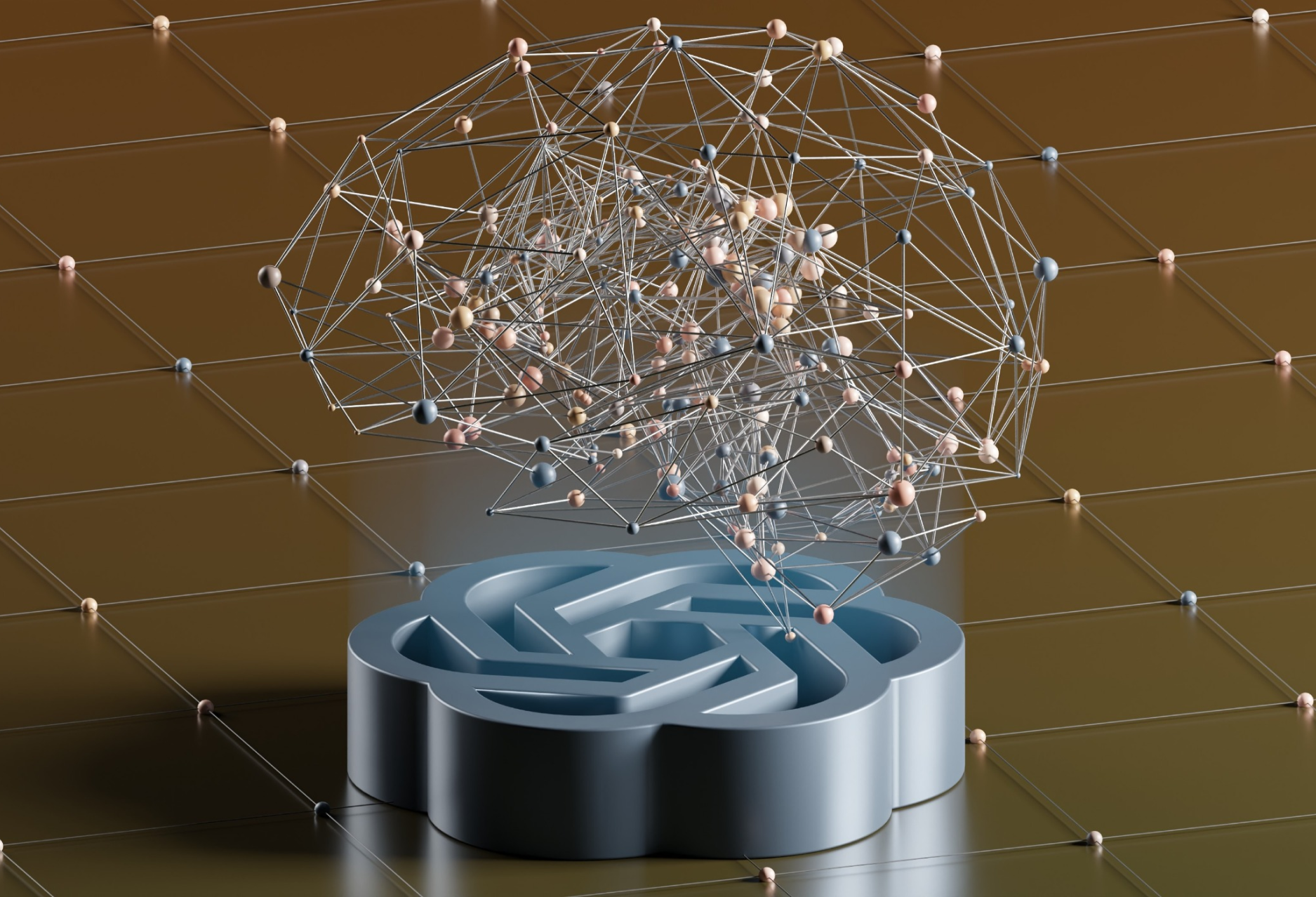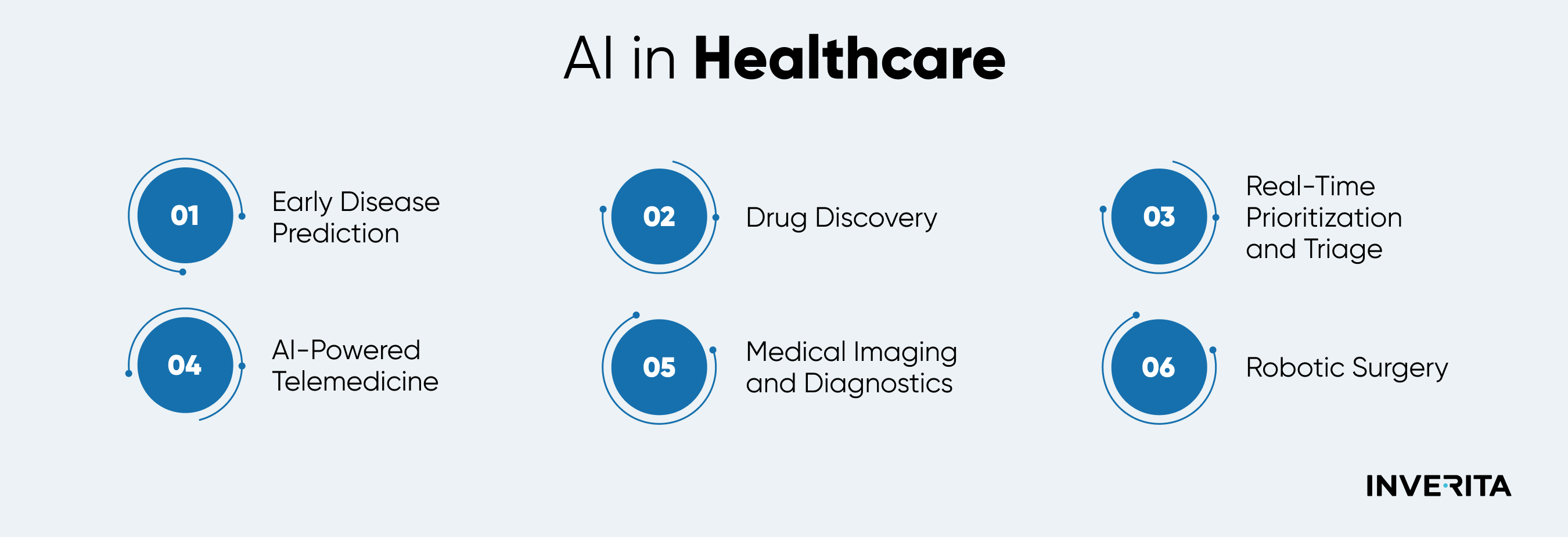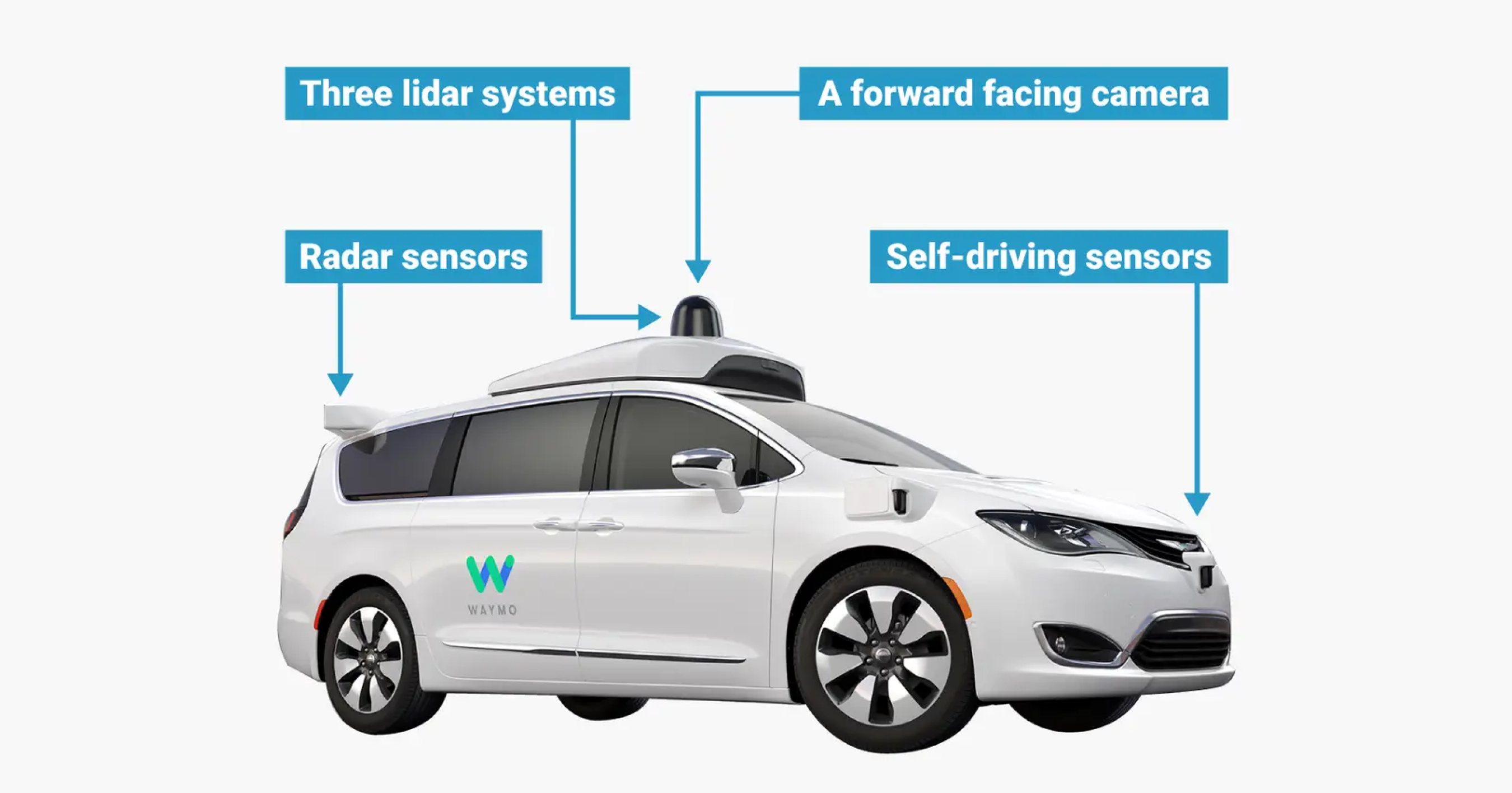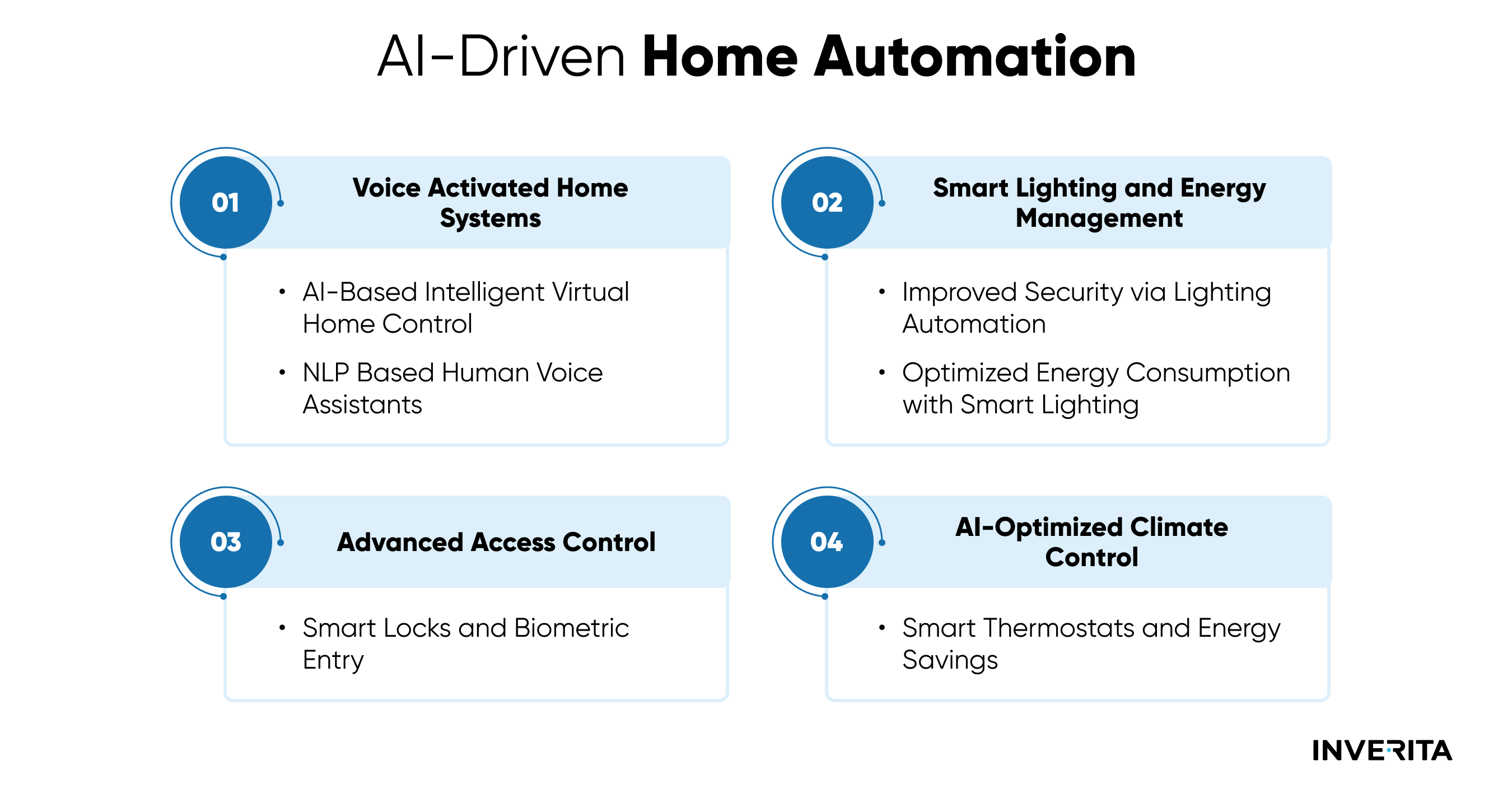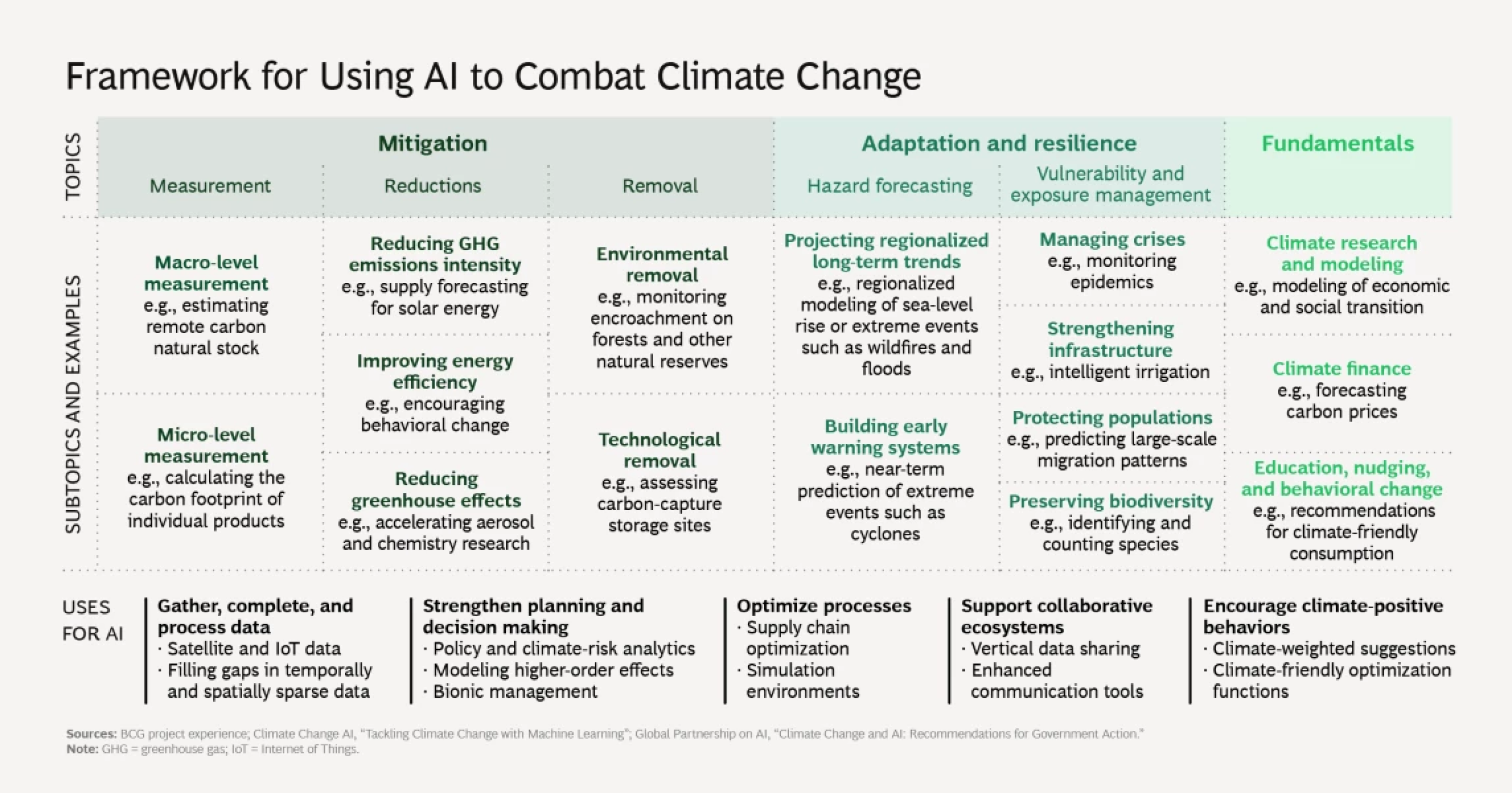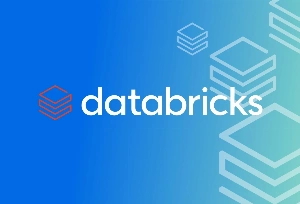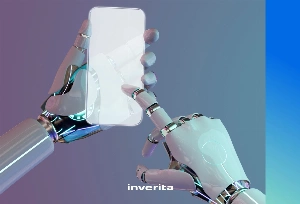A teacher, a coach, a friend, and an enemy. AI has already started to change the way we learn, work, and entertain and is undoubtedly going to turn the way we do business upside down.
AI development companies are trying to push this technology as far as it can go, enabling it to do tasks primarily manageable only by the human brain.
What does it mean for the businesses? The answer is simple: companies cannot afford to stand still.
Recent Growth of AI
The risk of the disappearance of human-performed jobs from audio-to-text transcription to translation is now complemented by the huge advancement of AI in the legal field. The famous accounting company PricewaterhouseCoopers is planning to introduce an OpenAI-powered legal chatbot in their professional settings.
Meanwhile, OpenAI, Google, and Meta are actively developing advanced systems that enable the instant generation of images and videos based on textual descriptions.
Other companies are working on bots able to navigate websites and use software apps in a manner akin to human interaction. What is the future of artificial intelligence? Looking ahead, AI in the future will shop online for holiday gifts, outsource minor household chores, track our expenses, and more.
Which Industries Artificial Intelligence Will Change in the Future?
Future of AI in Healthcare
The future of AI in the healthcare industry is very promising. Every time, the inVerita team attends a healthcare conference (it happens really often) there are new development and breakthroughs.
AI enhances diagnostics, tailors treatment plans, and betters patient outcomes through precise analysis of extensive data, including genetics, health records, and medical images. AI future innovations involve robotic surgeries, personalized drug discovery, and virtual assistants for patient monitoring.
Future of AI in Education
Being introduced in the education sector to assist teachers and students by eliminating boring routine tasks, artificial intelligence in the future has the potential to go much further by providing personalized learning experiences to every student based on their interests and experience, helping in mastering foreign languages, creating smart content, and more.
Future of AI in Transportation
AI plays a crucial role in developing autonomous cars, improving navigation systems, and optimizing traffic flow, ultimately enhancing transportation efficiency, safety, and convenience. Currently, there are no self-driving cars available for public use as those that exist operate only under human drivers’ supervision. However, such companies as Tesla and Waymo have already made a significant shift towards changing the way we move and travel.
Future of AI in Banking
Artificial intelligence is becoming a big deal in banking, and banks are jumping on the AI bandwagon to stay ahead. McKinsey says AI could add a whopping $1 trillion to the banking industry every year. We're already using AI features like chatbots, biometric authentication, and voice banking in our daily financial stuff. And there is undoubtedly more to come.
Future of AI in Customer Services
Many international sellers harness the capabilities of artificial intelligence and predictive analytics to attract a larger customer base. These technologies excel in recognizing shoppers' needs, understanding their behavioral patterns, executing viral geo-targeting campaigns, and performing various other functions.
Future of AI in Marketing
Likely, you have already encountered some examples of AI applications in marketing without even realizing it. For example, receiving personalized recommendations from the online retailer based on your purchase or browsing history.
AI future development will help marketers create immersive experiences by using augmented reality, AI-powered sentiment analysis, voice search optimization, predictive analytics, and more.
Future of AI in Human Resource Management
Candidate screening, onboarding, and even performance evaluation in the future can be automated with the help of AI-powered chatbots and virtual assistants. We can expect to see a significantly reduced workload of HR professionals due to new technological advancements that will make hiring and managing employees much easier and faster.
AI Developments to Watch for in the Next 10 Years
AI in the future decade is to bring a wave of transformations:

